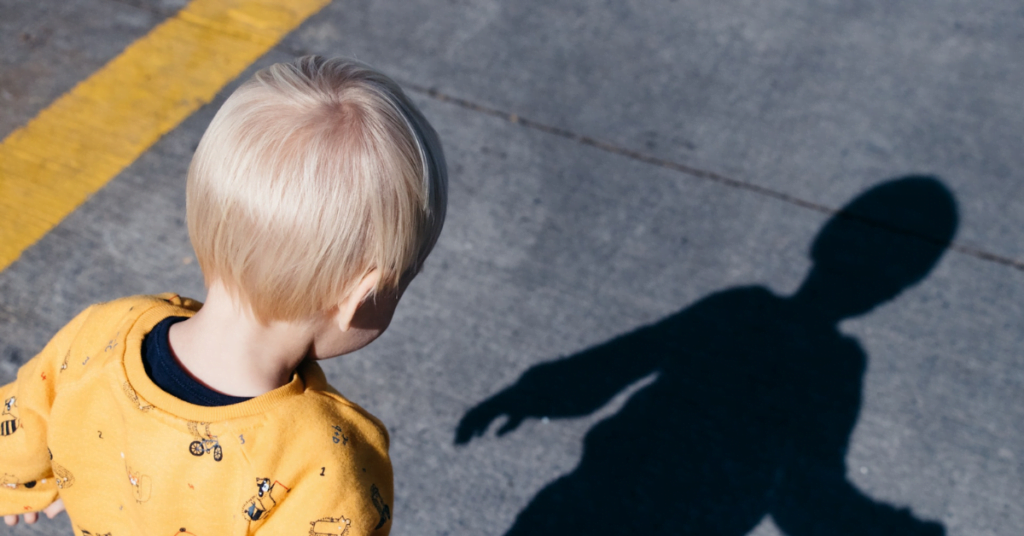Melbourne, renowned for its cultural diversity and thriving community, offers a dynamic environment for children’s social development. Within this bustling city, early learning centers take on the role of not just educators but also social architects, molding young minds, fostering connections, and laying the groundwork for lifelong social skills.
Let us embark on an exploratory journey through the myriad ways early learning centre Melbourne is committed to supporting your child’s social development.
Play-Based Learning: Unlocking Social Prowess
At the heart of Melbourne’s early learning centres lies the concept of play-based learning, a pedagogical approach that harnesses the power of play for holistic development.
Within this framework, children engage in diverse activities, such as building with blocks, engaging in imaginative role-play scenarios, and participating in group games. Children gain many social skills through these activities, including cooperation, problem-solving, and stimulating their creative faculties.
Play serves as a natural incubator for social development:
Cooperation
In activities that require teamwork and resource sharing, children learn the art of collaboration, laying the foundations for practical cooperation.
Problem-Solving
Play-based learning encourages critical thinking as children encounter and overcome challenges independently or through peer collaboration.
Creativity
Play unleashes children’s imaginations, allowing them to explore new ideas, express themselves, and think innovatively.
Peer Interaction
One of early learning centres’ most valuable aspects is consistent peer exposure. These interactions provide a fertile ground for developing essential social skills:
Friendship Building
Early learning centres become the birthing ground for friendships. Children learn how to initiate connections, identify the traits of good friends, and navigate the intricacies of maintaining relationships.
Empathy Development
Regular interaction with peers teaches children to recognise and understand the emotions of others—empathy blossoms, fostering compassion and the ability to relate to others’ experiences.
Community Spirit
Participating in group activities and collaborative projects instils a sense of belonging, reinforcing that they are part of a larger group with shared goals and responsibilities.
Communication Skills
Effective communication is a cornerstone of social development, and Melbourne’s early learning centres prioritise its cultivation through various means:
Language Enrichment
Children are immersed in language-rich environments, leading to an expansion of their vocabulary and more sophisticated language skills.
Active Listening
Children are taught the art of active listening, learning to patiently wait their turn during conversations and respond thoughtfully to others.
Storytelling
Storytelling activities encourage children to express themselves verbally, stimulating creativity and communication.
Conflict Resolution
In any social setting, conflicts are bound to arise. Early learning centres equip children with constructive methods to navigate these challenges:
Mediation
Educators skillfully guide children through conflicts, enabling them to express their feelings and facilitating negotiations to find mutually acceptable resolutions.
Empathy Practice
Children are encouraged to step into the shoes of others, considering their feelings and perspectives. This promotes empathy and a deeper understanding of differing viewpoints.
Communication Skills
Conflict resolution hinges on effective communication. Children learn to articulate their thoughts and emotions, a valuable skill they will carry into adulthood.
Emotional Intelligence
Emotional intelligence is an invaluable asset in social development:
Emotion Identification
Children learn to recognise and label their emotions and those of others, enhancing their ability to navigate social situations with empathy and understanding.
Empathy Cultivation
Through discussions and activities, children develop empathy and understanding of how their actions can impact the emotions of others. They learn that kindness can mend hearts and that acknowledging feelings is a powerful social skill.
Emotion Regulation
Educators impart strategies for managing emotions, such as deep breathing or taking a break when feeling overwhelmed. These skills empower children to handle their feelings constructively, promoting emotional resilience.
Related Articles,
Small Steps, Big Changes: How to Build Healthy Habits with Foster Children
Conclusion
Melbourne’s early learning centres are dynamic hubs where social development takes centre stage. Whether you’re a parent entrusting your child to their care or an educator seeking to replicate their success, the commitment to fostering socially adept, confident individuals is a shared mission that sets the stage for a brighter tomorrow.
